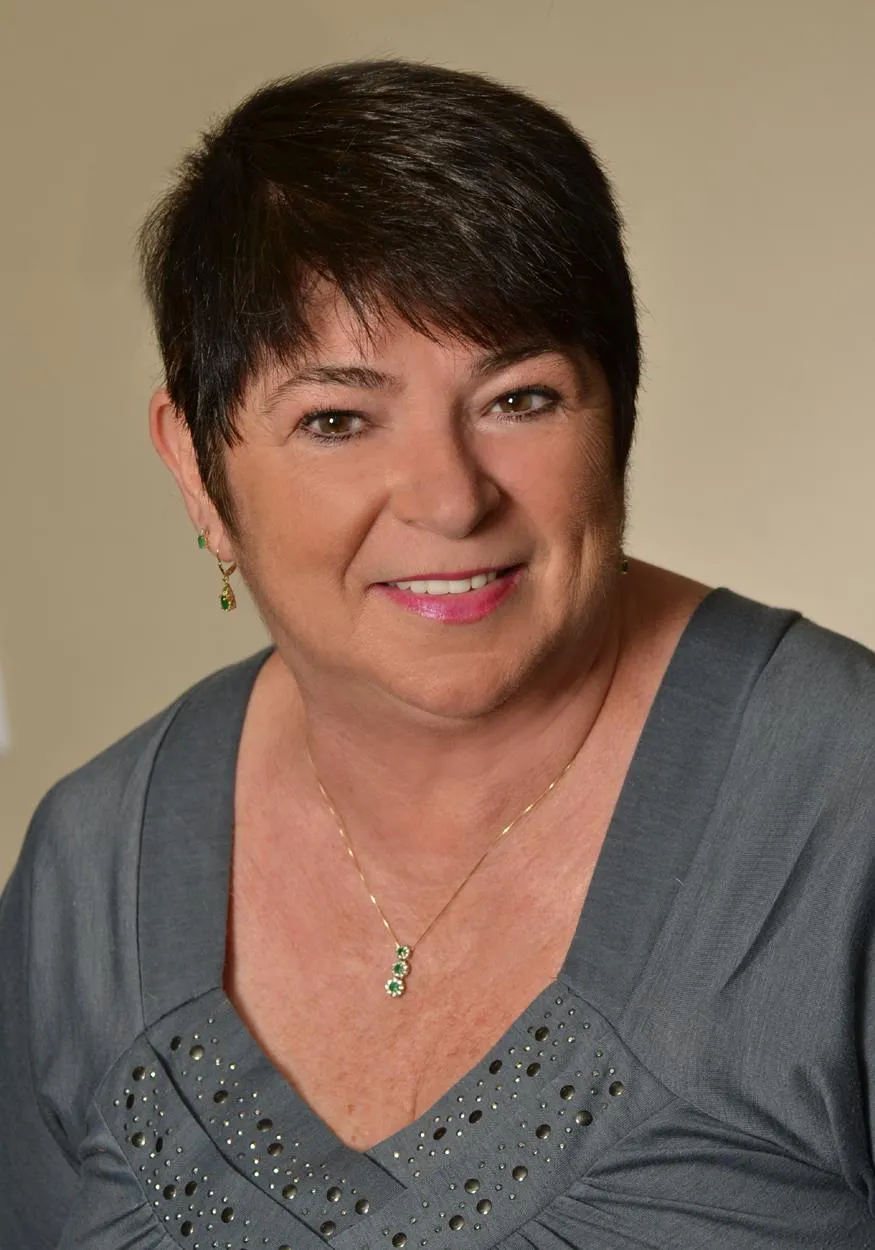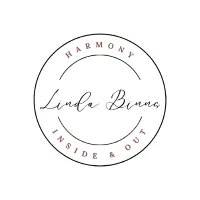Real Change and Real Results Without Added Stress or Overwhelm

Body & mind in harmony

Personal Fulfillment

Better work-life balance

Freedom & Quality of Life
Welcome, I'm so happy you made it here.
If you are seeking a breakthrough of any kind in your personal or professional life, you’ve come to the right place.
Here, breakthroughs are created, encouraged, and celebrated.
Perhaps you’re looking for a breakthrough in one area, or maybe you feel as though your entire life needs an overhaul.
The great news is that when we look at situations and experiences in terms of energy (your energy and the energy that is affecting you), any situation, no matter how small, large, or seemingly impossible can and will change.
Imagine you have a treasure chest that you haven’t been able to open because you just couldn’t find the key anywhere, but then you discover the key was right in front of you all along, and as you open it you get to see all the riches that are inside - that have been right there in front of you all along.

You might be thinking: “But you don’t know my situation - I’ve tried everything and nothing has worked.”
That’s exactly when people usually come to me. When they’ve tried everything else and they still find themselves stuck in the same situations year after year, and perhaps the situation has even become worse.
If you’re ready to unlock your personal treasure chest and discover what’s possible for you, I invite you to schedule a complimentary clarity call with me, and join my community of amazing, smart, professionals - just like you who are learning more about the magic of energy mastery and the breakthroughs and transformations that are possible.

Kathleen
"Your work is totally awesome and has changed my life. I don't think a day will go by without my knowing how to deal with the emotions I go through on a daily basis. I feel this is a huge turning point for me and it will only continue to get easier and easier! Thank you so very much."
Focus on Results
Let me share just a few of the breakthroughs I’ve been able to facilitate for clients, so you can see how this will work for anyone - yes, it will work for you too:
Problem: M.S. is a realtor. Her house had been on the market for months, but she had received no offers. As a realtor she knew how to present a home for sale - the house looked great, the price was right, the market was strong, but the house wouldn’t sell. Viewers loved the home, but nobody made an offer.
Result: Just 3 weeks after we worked together, the house sold (on Christmas Eve).
Problem: J.W. had worked for the same company for over 12 years. She knew she was great at her job, she got on well with everyone, and yet she was constantly overlooked for promotion. New recruits would arrive, she would be asked to train them, and many of them were promoted to better positions, but she was constantly overlooked.
Result: Within 1 month of us working together, she was hired by another company she knew well. This was a company who valued her and what they knew she could bring. Her new position had more responsibility, which she wanted, and much better pay. Even better, it was in another State, so she was able to sell her house (which she’d grown up in and had unhappy memories), and create a new life for herself.
Problem: C.B. is a high-end interior designer. Her interior design business is very successful, but she has a store that sells decorative items and a few pieces of furniture. The store sells beautiful things, is in an exclusive shopping area, but has continued to lose money ever since it opened. They usually sold just 1 or 2 items in a week, at the most.
Result: Within just a couple of weeks of us working together I received the following email message from her: “... we have had several designers come in the shop – they have emptied our store buying well over 150 items – that’s thousands of dollars!!! We are frantically calling manufacturers to refill our shelves.”
Problem: S.B. had been out of work for just over a year. This was a big problem because she was the main earner for her household with 2 children. The family were drowning in credit card debt, they had 2 mortgages on their home that had not been paid in months, they were facing bankruptcy and the bank was ready to foreclose on their home.
Result: We worked together for 6 months, during which time she landed her dream job, earning twice what she’d been earning before. She and her husband enrolled in a finance program together, and were learning how to pay off their debt and create a budget that worked for them. And, most amazingly of all, the bank reversed their decision to foreclose (even I didn’t see that one coming!)
Problem: C.A. was starting an online business but was struggling. The people he hired, although they were recommended as being the best in their field, were not producing. Some of them were ghosting him. Things weren’t getting done. He was beyond frustrated, and losing money.
Result: In his words: "Over the course of several months, Linda coached me in making the necessary changes that have resulted in not only an increase in my business, but the mental clarity to be able to move myself into starting a second business!"

Patricia
“Linda's programs are life-changing.
When I became aware of the energy forces around me, it changed how I look at every situation in business and in life.
RUN, don't walk to sign up for any of Linda's programs on energy.”
Your Results
It’s not easy to see clearly what’s really happening in your own life, especially when you feel stuck. You only know what you’re experiencing right now - and that it’s not what you want.
It’s a bit like you’re sailing a boat in the fog. What we can do together is to help you navigate beyond the immediate waves and obstacles that are right in front of you. My role is to act as both the lighthouse and the compass, guiding you towards your destination, focusing on the horizon, where your goals and new opportunities lie.


Shannon
"When I first came to Linda I was in a state of chaos. Everything seemed like it was in turmoil to different degrees, my house, my marriage, my business.
After coaching from Linda, things began to change in small ways. My life wasn’t so chaotic. I became clearer on what I needed to do and who I needed to be to make things change and that I was fully capable of making those changes in my life if I set my mind to it. I had a new way of looking at my life and really started to see progress.
My relationship with my husband is much healthier now as I was ready to throw in the towel...I was so angry.
My business had its biggest quarter ever and continues to thrive in a not so great economy and my house is a much more enjoyable place to be.
I can’t say enough about Linda’s coaching. She is phenomenal and won’t allow you to “stay small” for long!”
If you are ready for a breakthrough, don’t continue procrastinating.
Schedule your complimentary visit with me today and join the long list of those, like you, who finally took control and stopped the cycle of pain, problems and frustration.
Let’s get your ship safely to the place you desire. I welcome the opportunity to see you achieve your goals, overcome your challenges and move forward.
Take the action you need to take - today!
How to Get Started:
Join Our Community (free)
It is my mission to build a community of heart-centered, positive, encouraging, supportive and like-minded people, so you don’t have to struggle alone.
I invite you to join the brand new Harmony Inside & Out Community group. This is a private group where you'll find helpful information and you can connect with others. You’ll have your own personal account and can log in any time through this web site. Since this is brand new, please check your spam folder if you do not see an email confirmation right away after you sign up.
Take the Personal Energy Assessment
Are you ready to gain deeper insights into your life and uncover areas where your energy might be holding you back? The Personal Energy Assessment will help you understand how much energy you are investing in each area of your life.
In less than 5 minutes you'll gain a clear picture of your current energy distribution, helping you identify areas that need attention and improvement. By pinpointing these areas, you can start making positive changes that lead to a more balanced and fulfilling life.
Receive Weekly Unstoppable Energy Tips
Weekly tips to give you guidance and to keep you on track. When you sign up you will also be the first to know about upcoming events and programs.
I regularly hear from subscribers how much they love these tips:
“Thank you once again for inspiring me Linda. Thank you for continuing to put out the beautiful clear simple messages and questions that deeply inspire me. You’re THE BEST and I truly appreciate you!!!”
Meghan
One more thing - if you're already over-extended with other programs and coaching don't worry, this is not about adding more to your to-do list. It's about BEING more than it is DOING, so it will take away any sense of overwhelm, rather than adding to it.
"People go to therapy for decades to figure out what you said in 13 minutes. Thank you!"
- Beth

Linda Binns
The Breakthrough Energy Expert
© 2023 | Privacy Policy
Facebook
Instagram
LinkedIn
Youtube